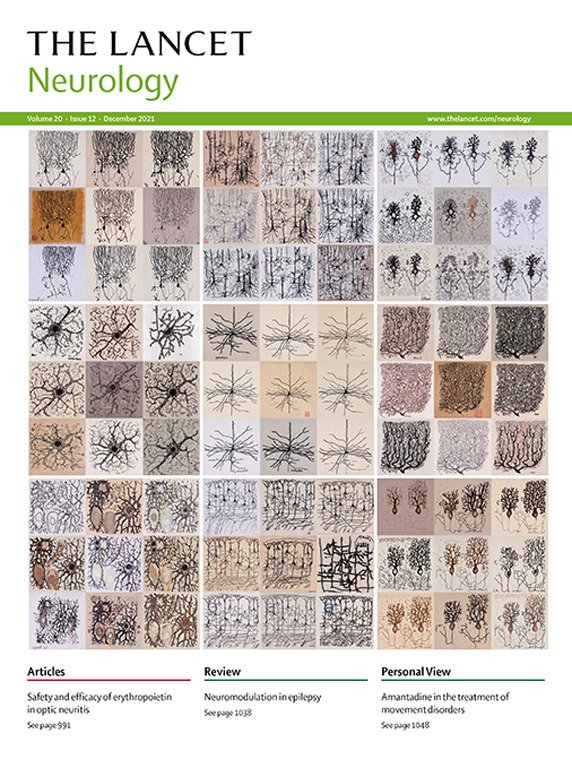IBI Year in Review 2021
THE IBI IN ACTION
In 2021, the International Brain Initiative (IBI) moved beyond its planning phase and gained momentum.
Despite the challenges presented by the pandemic, the organization made concrete progress toward exchanging ideas across the brain initiatives, building collaborative networks, and augmenting the work of the large-scale brain initiatives, particularly in the areas of neuroethics and data governance.
This year of progress was capped off by an event at the European Parliament that underscored the importance of the IBI and its vision of collaboration at a global scale to advance scientific goals and bring the benefits of neuroscience research to patients and society.
While celebrating these early successes, the IBI is striving to have a greater impact. We are developing a more open, flexible structure to support our activities, some of which are described below.
WE FOUND NEW WAYS TO STAY CONNECTED AND COLLABORATE
Life on Zoom continued in 2021. We manage to keep up the momentum by meeting virtually, sharing our progress via email and a revamped IBI newsletter, and by adding Slack to our suite of tools.
WE CHARTED A PATH FOR DATA GOVERNANCE AND SHARING ACROSS BRAIN INITIATIVES
The Data Standards and Sharing Working Group aims to facilitate discovery, harmonization and use of data across brain initiatives and beyond. A flurry of activity in 2021, including a Data Sharing Symposium at the INCF Neuroinformatics Assembly, led to:
Data Governance Task Force: A white paper on international data governance (see “Publications”) and plans for an endorsement program and web tool for data governance plans.
Data Catalog Task Force: A project proposal to develop an IBI Data Catalog — a search engine portal that would make it easy to discover neuroscience datasets generated within the brain initiatives. The Data Catalog would also establish governance, standards, and educational material on publishing neuroscience datasets on the world wide web.
Training Task Force: A workshop to identify existing training materials and gaps that could be filled to support data-driven modeling workflows. A coherent course is now in development and will be shared at the INCF Training Space in 2022.
A new paper by the Data Governance Task Force, “International Data Governance for Neuroscience,” argues that a robust international data governance (IDG) is necessary for neuroscience and makes recommendations on what parameters an IDG should cover.
Task Force Recommendations:
Make International data governance (IDG) a priority: IDG should not be an afterthought
Develop principles and best practices for international data governance
Develop practical tools and guidance for streamlined IDG* Increase awareness and education on IDG
Clarify mechanisms for coordination of efforts and funding across nations
WE ADVANCED THE INTERNATIONAL DIALOGUE ON NUEROETHICS
The Neuroethics Working Group was formed to advance ethical global neuroscience through collaboration and knowledge sharing across the brain initiatives. Over the past year, it has focused on legacy planning for sustainable global neuroethics through a Neuroethics Integration and the Global Brain Initiatives Workshop and produced “A Neuroethics Integration Landscape Report.”
Thanks to the Neuroethics Working Group’s Sung-Jin Jeong, co-chair; Khara Ramos; Karen Rommelfanger, co-chair; Norihiro Sadato; and, Arleen Salles for leading this work!
WE LAUNCHED A GLOBAL INVENTORY OF BRAIN PROJECTS
The IBI’s Inventory of Brain Projects Working Group launched a searchable, interactive database of research projects funded by the U.S. BRAIN Initiative, Japan Brain/MINDS and the E.U.’s Human Brain Project: https://ibi.dimensions.ai/.
WE HIGHLIGHTED THE ADVANTAGES OF GLOBAL COLLABORATION IN NEUROSCIENCE AT THE EUROPEAN PARLIAMENT
European policymakers and neuroscientists from some of the world’s large-scale brain initiatives came together to discuss the opportunities and challenges in global brain research collaborations, including how the International Brain Initiative's model has contributed to neuroscience. The STOA Panel recognized that the IBI plays a valuable role in facilitating networking and promoting collaboration among different countries and serves as a resource to governments and policymakers seeking to understand the impact of neuroscience on science and society.
STOA’s recommendations for strengthening global neuroscience cooperation were published in December in The Lancet Neurology.
It seems the black box of the brain is not so black anymore.”—EVA KAILI, Chair, Panel on the Future for Science & Technology (STOA), European Parliament
For more information:
List of IBI project outcomes: www.internationalbraininitiative.org/projects
List of IBI publications: www.internationalbraininitiative.org/publications






